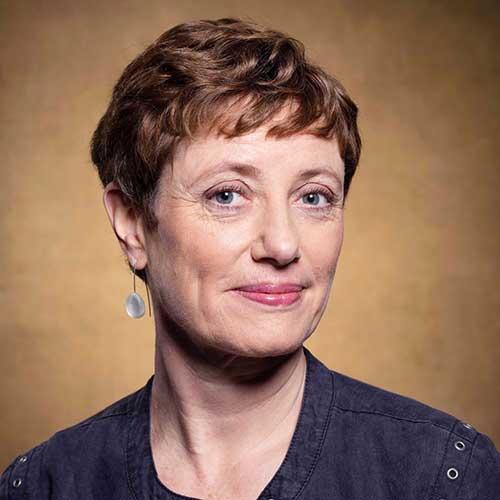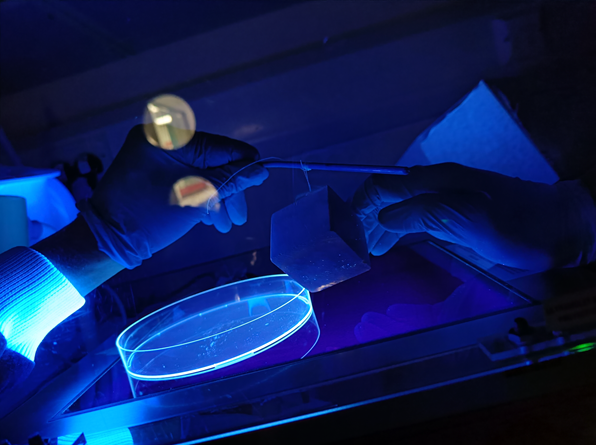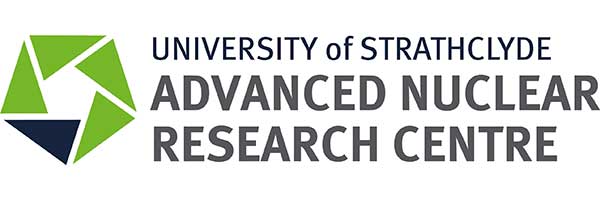Research at Strathclyde
"Strathclyde does something quite unusual in nuclear - rather than focusing on nuclear material and nuclear fuel, which is what most of the UK sector works on, at Strathclyde we do a lot of work around extending the life of existing assets, having smart digital infrastructure, and thinking as well about the civil infrastructure in a plant, which is what I do in civil engineering.
Planned Minimisation of Waste
Most people are really geeky and interested in the actual power production and the reactor side but the vast majority of infrastructure on our nuclear plant is just huge amounts of civil infrastructure, lots of concrete, lots of steel. We need to think about how we design that into the future, so that we minimise any radioactive waste that is produced, we know exactly how we're going to handle that waste, and exactly how we're going to decommission those sites. It's planned in right from the outset. I think that we have the skill set at Strathclyde, working with others around nuclear materials and robotics, to deal with that challenge.
Degrading Assets
Nuclear is an immensely complicated problem, particularly if you look at the legacy. We have the largest collection of different types of nuclear waste materials and exotic fuels in the world. We’ve tried lots of different things in both the defence sector and for the civil nuclear sector, over decades, and now we have to deal with the radioactive materials we’ve created. Those materials are stored in degraded civil assets. So, old buildings, stores, and vaults that are gradually deteriorating. These structures were not built to last 80 to 100 years and it makes dealing with the hazardous materials within them much more dangerous, because the structures themselves are now fragile.
Working with partners and collaborators
So, to solve these problems, we need to work across the UK, with other departments that are experts in this. For example, I work with Sheffield University who look at vitrification of wastes. Vitrification is turning very hazardous high level wastes into glass to make them stable over long times. At Strathclyde we're looking at grouting waste materials to stop any small airborne particles being released when wastes are picked up and removed. Then we're working with Sheffield University to determine whether we can turn these grouted wastes into a glass that is safe and will be stable for 1000s of years."



